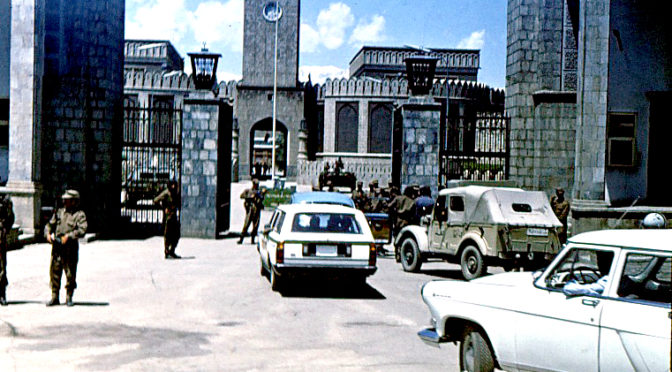Source: Guardian
The deeply partisan US Congress is rarely a conducive place for national introspection and Tuesday’s Senate hearing on the Afghanistan withdrawal did not provide an exception.
In the midst of the point-scoring and blame-shifting on display in the senators’ questions to the nation’s military leadership, it was clear that it was a contest to apportion shares in failure.
And behind the debacle of the pullout that left tens of thousands of vulnerable Afghans behind, there were fleeting references to the far deeper failure of the preceding two decades – a reckoning that has only just begun for the Pentagon and the US foreign policy establishment.

